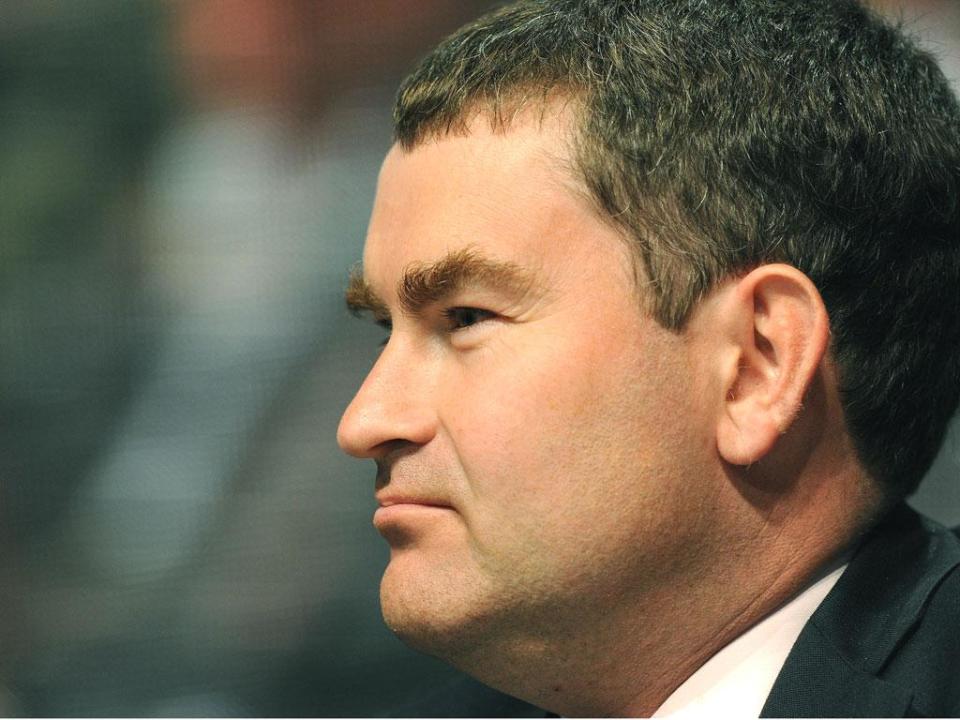Government minister denies timing of state pension increase was attempt to 'bury bad news'
A senior government minister has denied that announcing the state pension age increase on the same day BBC salaries were revealed was an attempt to “bury bad news”.
Wednesday’s news agenda was dominated by the much anticipated publication of the highest earning stars at the BBC.
But in the afternoon, Work and Pensions Secretary David Gauke announced the state pension age will rise from 67 to 68 in 2037 – seven years earlier than planned.
Questioned on the timing of the announcement, Mr Gauke said it “didn’t feature in our thinking”.
BBC journalist Simon McCoy asked: “This is not a bad day to bury bad news given the fuss there is going to be in the papers tomorrow about BBC salaries, is that part of the process that led to this decision this afternoon?”
But Mr Gauke responded: “No. This was planned in our grid before I was even aware the BBC presenter story was going to be put out there. It didn’t feature in our thinking.”
He said increases in life expectancy meant those affected could still expect to receive more over their lifetimes than earlier generations.
But charity Age UK pointed out that his announcement came just days after former government adviser Sir Michael Marmot warned that the trend towards longer lives was “pretty close to having ground to a halt” since 2010, after rising constantly since the Second World War.
Labour said the change – in line with the recommendations of this year’s Cridland Report – would mean 34 million people working longer than they would under its plan to hold the retirement age at 66.
Under current plans, the state pension age for men and women will be equalised at 65 at the end of 2018, before rising to 66 in 2020 and 67 in 2028.
The new change affects anyone born between 6 April 1970 and 5 April 1978.
Additional reporting by agencies

 Yahoo News
Yahoo News 

